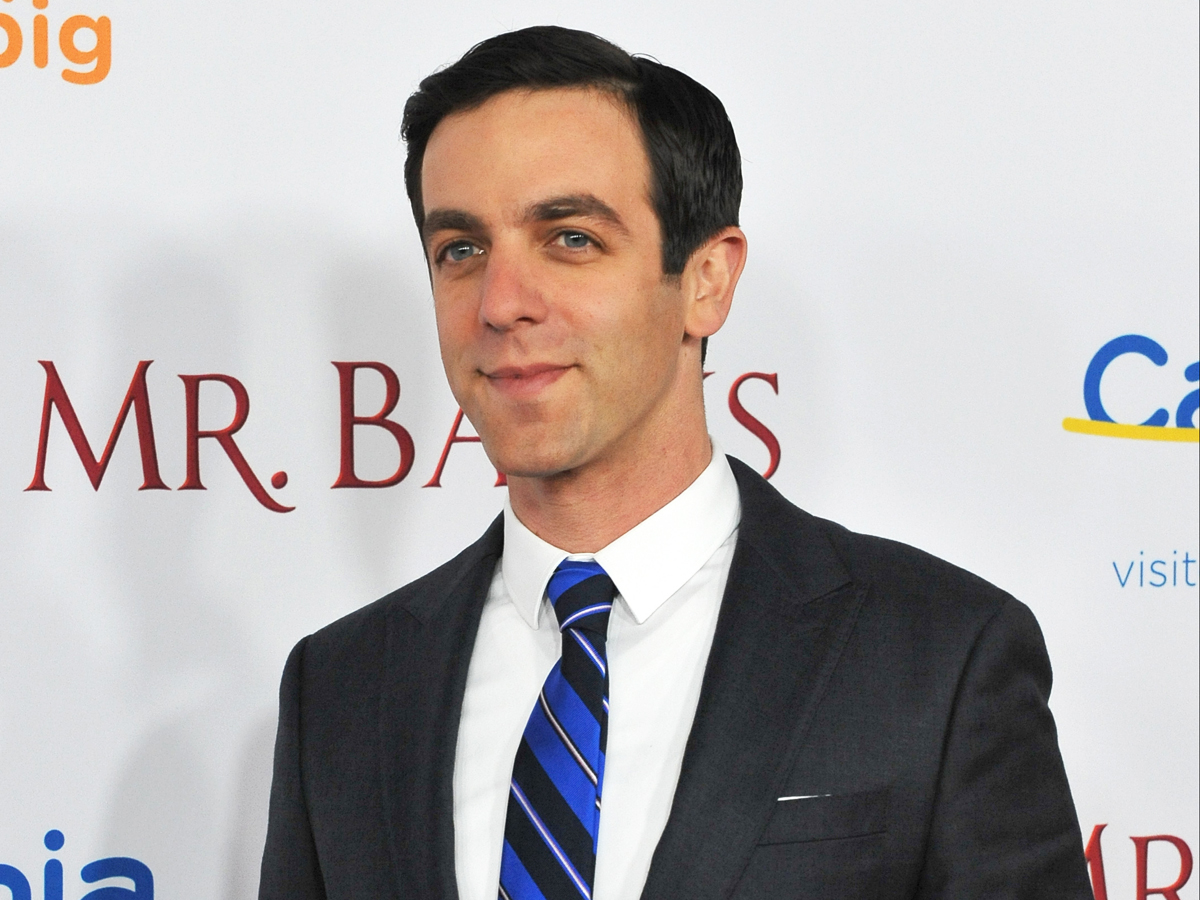Q&A: B.J. Novak

Photo via Jaguar PS / Shutterstock.com
Why did you decide to write a book of short stories?
I had all these little pocket notebooks that I’d been keeping for eight years at The Office, and I had this fantasy that in all these notebooks I would somehow have a complete screenplay or two. Instead, I had more like 190 opening shots. After a couple of months, I was taking a walk on the beach and it suddenly hit me that I could just be true to each idea and write it in story form.
You played a lot with length: Some stories are 20 pages, others just one.
I had been intimidated out of attempting fiction by the thought that a story had to be 10 to 15 pages or a comedy piece had to be one to three pages, the standard New Yorker formats. Most of my ideas didn’t fit into those. When I realized, “Oh, I can define the length of a story,” that really freed me. It’s fun to have a good mix. I’m very conscious as a live performer of when you have the audience and when you lose the audience, and I never want to lose the audience.
The pretty established playbook for someone like you is to write a comic memoir. Did you think your life was too boring or something?
I wanted to write a book like that and I still would like to, but for some reason I felt shy, or I didn’t know exactly who I was, or for some ironic reason I thought I could express myself more personally in fiction. I ended up writing a book that was, for me, extremely personal by setting out to write a book that wasn’t personal at all.
As a fellow Newton native, I was hoping for a tale of surviving the mean streets.
Well, Newton flows through several of the stories. There are a lot of stories that satirize hyper-awareness in education, and that comes from this extremely well-meaning Newton public school system that I always had my doubts about. That well-meaning but overbearing political correctness also came up in The Office a lot. The episode “Diversity Day,” really I wrote that about Newton schools. It’s just people trying so hard to prove how open-minded they are that they end up putting their foot in their mouth.
A lot of your characters have these equivocating inner monologues where they get so lost arguing with themselves that they lose track of the outside world.
I’m very often in my own head trying to figure something out while the world moves on. Most of these stories, and it inspired the title of the book, have to do with people who feel that they are just one thing away from something transcendent. These are not generally characters in desperate situations. They’re doing fine, but they’re obsessed with that one thing that they believe will take them to this next level.
You obviously are trying to say something, but how important was it to keep the stories entertaining?
It was really important, even though I had literary ambitions. A lot of fiction, even my favorite fiction, is very interior and meant to show off within its own context, and I wanted literature that was outward-facing. I’ve also always wanted to perform the stories and make it a live-entertainment event, too. That’s how I edited the book, reading it onstage. Probably 20 times per story. I would make changes in front of the audience based on their reactions.
Performing rough drafts in front of crowds sounds excruciatingly painful.
It was exhilarating. It’s one thing to write a dud of a paragraph and convince yourself, “Well, this is quite deep and if they don’t get it, they’re stupid.” It’s another thing to stand in front of a hundred people and read that dud of a paragraph out loud.
What’s next up for you? More writing, TV, movies?
I’m in the next Spider-Man movie, which comes out in May, and I’m writing a couple of movies, one of which I’ll hopefully make and be in next year. I like that stuff a lot, but everything comes from writing for me.
Along with James Franco, this makes you the second celebrity to try to launch an ambitious literary career while appearing in a Spider-Man movie.
The secret is, if you’re not as good-looking as James Franco, you have to work twice as hard. So I’m working four times as hard.


